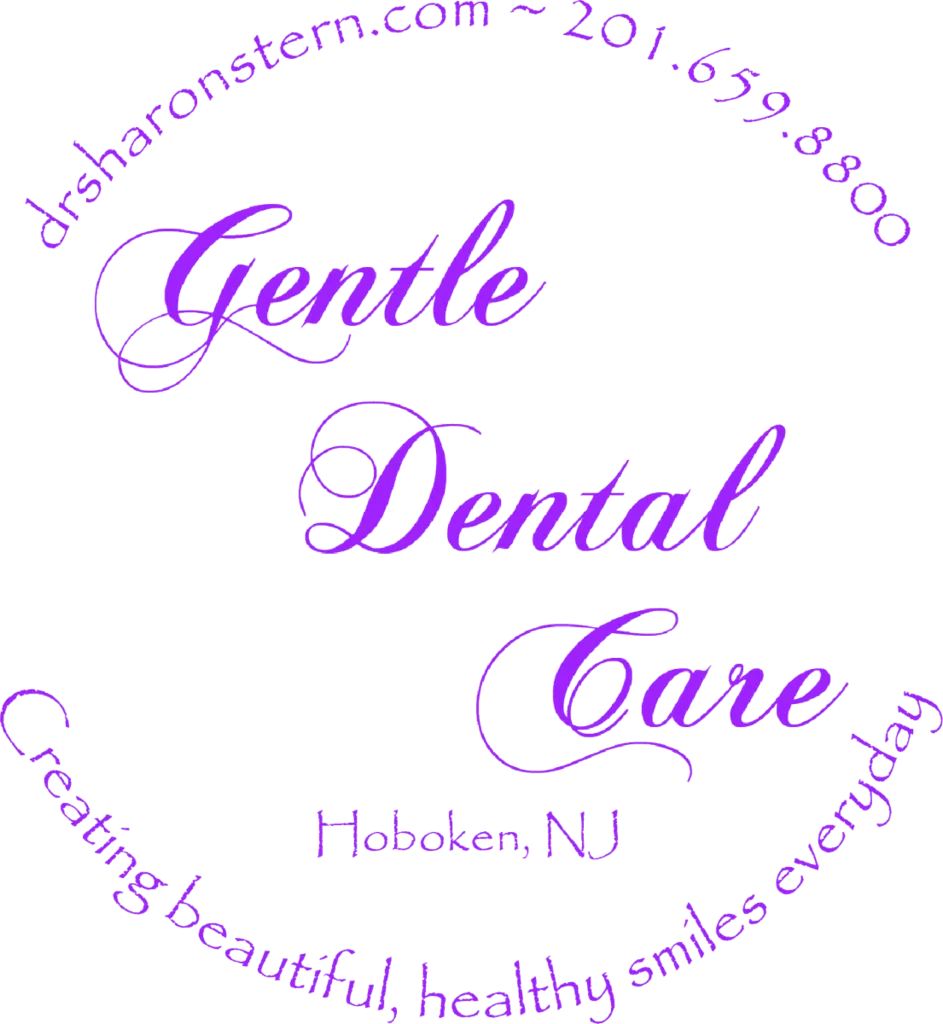I've noted a dramatic increase of stress related dental issues with my patients this year, one of the most prominent being jaw pain.
The temporomandibular joints, called TMJ, are the joints and jaw muscles that make it possible to open and close your mouth. Located on each side of the head, your TMJ is engaged when you chew, speak or swallow and include muscles and ligaments as well as the jaw bone. Any problem that prevents this complex system of muscles, ligaments, discs and bones from working properly may result in a painful TMJ disorder.
Possible causes of TMJ disorders include:
- arthritis
- dislocation
- injury
- tooth and jaw alignment
- stress and teeth grinding
Dr. Sterns dental examination includes checking the joints and muscles for tenderness, clicking, popping or difficulty moving.
There are several treatments for TMJ disorders. This step-by-step plan from the National Institute of Dental and Craniofacial Research allows you to try simple treatment before moving on to more involved treatment. The NIDCR also recommends a “less is often best” approach in treating TMJ disorders, which includes:
- eating softer foods
- avoiding chewing gum and biting your nails
- modifying the pain with heat packs
- practicing relaxation techniques to control jaw tension, such as meditation.
If necessary for your symptoms, the following treatments may be advised:
- exercises to strengthen your jaw muscles
- medications; for example, muscle relaxants, analgesics, anti-anxiety drugs or anti-inflammatory medications
- a night guard or bite plate to decrease clenching or grinding of teeth.
In some cases, Dr. Stern may recommend fixing an uneven bite by adjusting or reshaping some teeth. Orthodontic treatment may also be recommended. Every one is different, and we customize the most appropriate therapy based on the individual.
Stress often comes and goes- you have a bad day, project deadline, starting or losing a job, relocating; so pause for a moment and breathe. Smile and hug a loved one. Hugs are miraculous.
If you are still experiencing muscle pain in your jaw, please call the office at (201) 659-8800 for a TMJ evaluation.
People who grind their teeth can sometimes develop a serious problem with their jaw, which left untreated, can adversely affect the teeth, gums and bone structures of the mouth.
One of the most common jaw disorders is related to a problem with the temporomandibular joint, the joint that connects your lower jaw to your skull, and allows your upper and lower jaw to open and close and facilitates chewing and speaking.
People with temporomandibular joint disorders (TMD) often have a clicking or popping sound when opening and closing their mouths. Such disorders are often accompanied by frequent headaches, neck aches, and in some cases, tooth sensitivity.
Some treatments for TMD include muscle relaxants, aspirin, biofeedback, or wearing a small plastic appliance in the mouth during sleep.
Minor cases of TMD involve discomfort or pain in the jaw muscles. More serious conditions involve improperly aligned joints or dislocated jaws. The most extreme form of TMD involves an arthritic condition of the jaw joint. Traumatic injuries also can cause jaw dislocation.
In these cases, jaw surgery may be required to correct the condition. Some jaw surgery can be performed arthroscopically. Adapted from the ADA.
